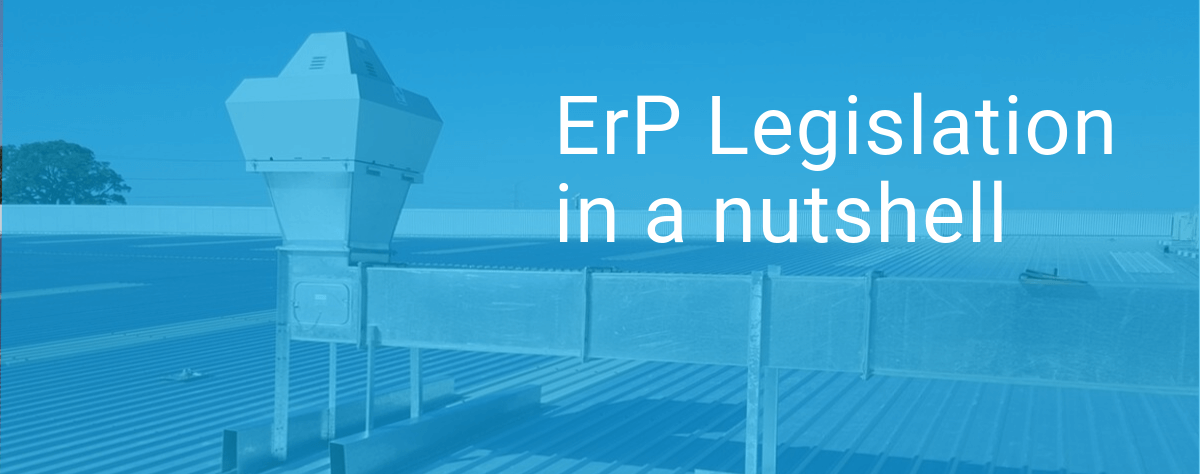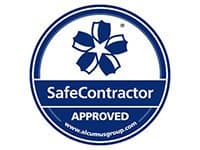
In January 2013, the ErP Legislation came into effect with the intention of decreasing energy consumption across a wide range of consumer products. The directive also defined a set of EcoDesign requirements for commercial air conditioning systems through the European Union.
The EU’s carbon reduction plan set stringent targets, both for energy efficiency and environmental impact. In its strategic plan called “20/20/20”, Europe aims to reduce the CO2 emissions by 20%, using 20% more renewable energy and consuming 20% less primary energy by 2020.
Banning low-efficiency products from the market in January of 2013, has led to the ErP regularly reviewing and updating requirements in order to continually meet the ever-changing energy efficiency requirements. The application of objective metrics has been necessary for the ongoing success of the directive. It has also established minimum requirements and provided customers with information regarding the performance of important commercial equipment like air conditioning.
The legislation targets air conditioning systems, resellers and installers, meaning that anyone with a responsibility for commercial premises, office buildings or retail space, should be made aware of the energy usage figures for any and all air conditioning systems.
Products that do not comply are no longer able to be sold across the European Union. The legislation covers axial type fans and has resulted in a number of products pre-dating 2013 being withdrawn from sale.
Eco-Friendly Designs To Decrease Energy Consumption
Addressing the design of the numerous products the legislation covers, ensures that manufacturers pay more attention to how eco-friendly their products are. Design strategies must now maximise the performance benefits, and where space constraints or acoustic performance was once a design priority, manufacturers now need to provide concepts that increase performance. This covers all products with motor input power ratings from 125W up to 500kW.
Manufacturers have a clear obligation to inform buyers of the efficiency of their products. As a provider of commercial air conditioning in Bristol and throughout the UK, we always aim to be as transparent as possible.
It is important that all consumers of air conditioning installations have clear goals in relation to managing the environmental impact of their operations.
Measuring ErP legislation Success
To meet the requirements of the ErP Legislation, new energy classifications came into force on the 1st January 2013. The new concept of seasonal efficiency has led to a completely new energy labelling system which is based on the values of the following:
- Seasonal Energy Efficiency Ratio (SEER) value in cooling
- Seasonal Coefficient of Performance (SCOP) value in heating
Air conditioning systems and ErP legislation
If you currently have an outdated, energy-inefficient air conditioning system, you could not only be failing to meet your environmental targets but also spending more than is necessary for your energy demands.
If you need advice on commercial air conditioning installation or would like to find out about upgrading to a new, more energy efficient system, our experienced and professional team of qualified air conditioning technicians are on hand to help.
We can design and install the next generation of air conditioning systems to decrease your overall energy usage and increase your bottom line, call us today or complete our contact form and we will get back to you as soon as we can.






